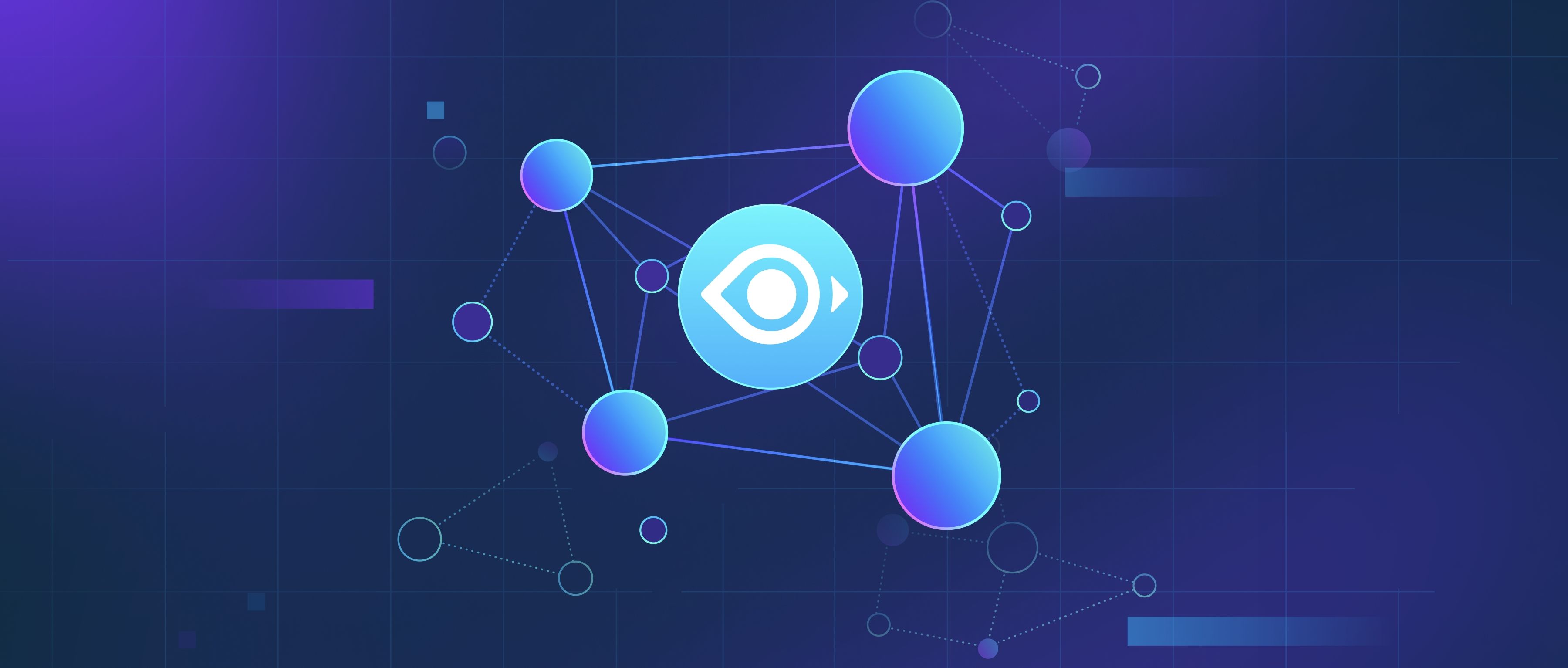Policy distillation in reinforcement learning (RL) is a technique used to simplify complex policies by transferring knowledge from a more sophisticated or larger policy to a simpler one. Essentially, it involves taking a teacher policy, which has been trained to perform a specific task, and using it to train a student policy that aims to achieve similar performance but with fewer resources or less complexity. The goal is to create a more efficient policy that is easier to implement or deploy in practical applications.
In practice, the teacher policy usually has a more intricate architecture, often employing deep neural networks that require substantial computational power. For instance, imagine a deep reinforcement learning model that has learned to play a complex video game exceptionally well. The teacher policy can be a large neural network that understands the game's dynamics and strategies in detail. To create a student policy, a smaller network can be trained using the teacher's behavior, specifically by mimicking the actions the teacher takes in various states of the environment. This process can significantly reduce the computational load, making it faster and easier to run on devices with limited processing power, such as mobile phones or embedded systems.
An example of policy distillation can be seen in applications like robotic control, where a large simulation might train a complex controller capable of navigating complex environments. A distillation process can create a lighter version of this controller, which can then be deployed on actual robots with limited computational resources. By focusing on transferring the critical decision-making capabilities rather than the full complexity of the teacher policy, developers can achieve efficient solutions that maintain high performance while being suited for real-world constraints.
